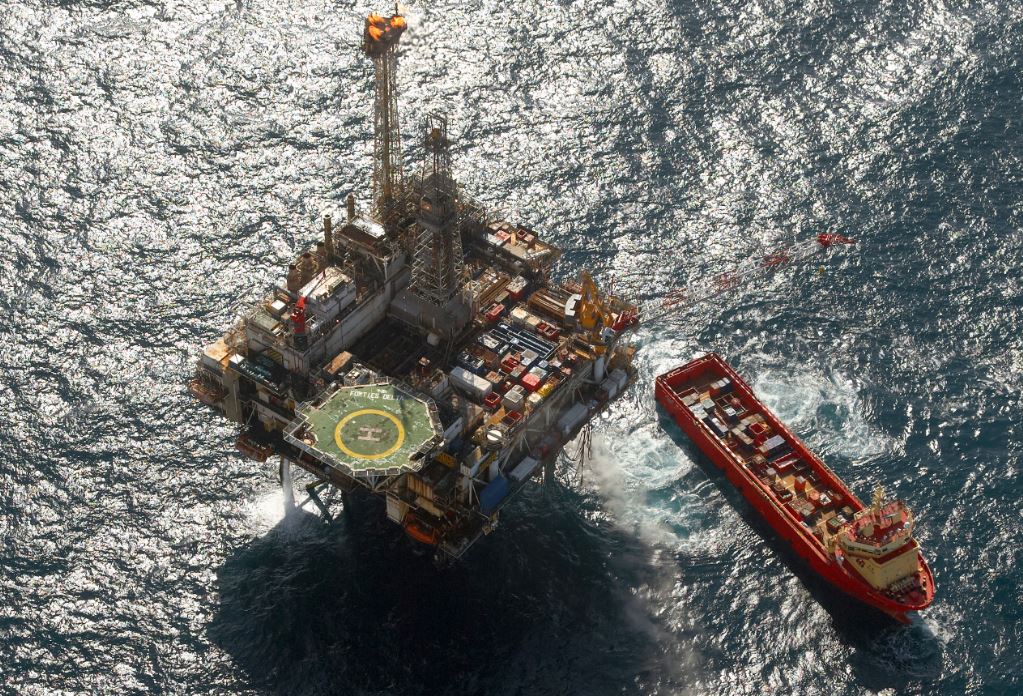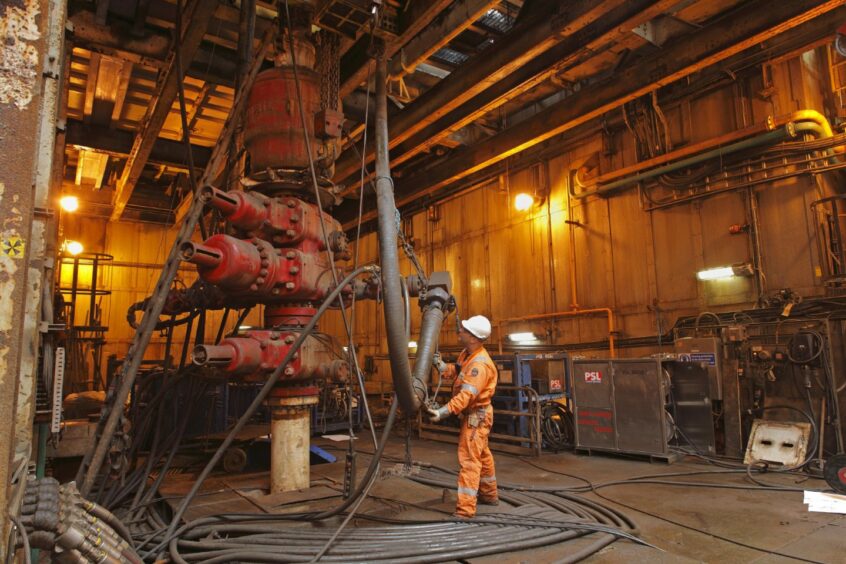
The UK’s safety regulator has reprimanded Apache over its handling of incidents in which workers were potentially exposed to asbestos on its Forties Charlie platform.
The Health and Safety Executive (HSE) issued the North Sea operator with two improvement notices after it discovered a six-week delay to the firm’s incident reporting, and a lack of key safety paperwork.
The HSE reports that asbestos fibres may have been unintentionally disturbed during fabric maintenance work on the north bulkhead of Forties Charlie on 10 April 2022.
Apache determined there may have been a risk on 11 June but failed to notify the HSE of the occurrence until 10 August, following up with an official report on 15 August – 45 working days after the incident had been confirmed.
The operator “failed to notify the relevant enforcing authority of this reportable incident by the quickest practicable means without delay, and failed to send a report of that incident in an approved manner to the relevant enforcing authority within 10 days of the incident,” the HSE said.
It is so far unclear if workers themselves have been at risk of exposure.
An Apache spokesperson told Energy Voice: “We are actively conducting an investigation into the potential exposure. The safety of our people is our top priority, and we are working closely with the HSE throughout the investigation.”
The HSE recorded other reporting issues on Apache assets, noting that during another inspection on Forties Delta in March 2021, it uncovered two dangerous occurrences of which it had not been notified. (Apache subsequently reported the incidents).
Following its inspection of Delta, the regulator told Apache in April 2021 it must review its incident reporting arrangements to meet regulations – a process that Apache said it had begun by late May.
However, in its latest enforcement notice, the HSE said these changes have not been made and a new procedure has still not been published.
Finally, it found that Apache had failed to ensure a written asbestos management plan was prepared and shared onboard Forties Charlie.
The regulator said the asset’s asbestos register “is not easily accessible to all” and that access was only available directly via the company’s relevant competent person, who is based permanently offshore.
Furthermore, it found that “no formal mechanism exists” to guide routine inspection, assessment and recording of identified or suspected asbestos containing materials onboard the platform.
Growing risk from 70s oil boom
Operated by Apache, the Forties field includes five fixed steel structures – Forties Alpha, Bravo, Charlie, Delta and Echo – which sit approximately 170 miles northeast of Aberdeen.
Operated by BP since its discovery, Apache acquired the field in 2003, marking its entrance to the North Sea.
Installed between 1974 and 1986, the platforms are emblematic of structures built during the 1970s “oil boom”, many of which were constructed with the use of asbestos.
Norway too has issued safety warnings after Equinor workers were exposed to the harmful fibres while working in its waters.
Dianne Foster of Asbestos Action, a Scottish charity set up to assist sufferers of asbestos related diseases, said it was “disappointing, but no surprise,” that the substance poses a risk on offshore platforms as it does in onshore structures.
“It is difficult to understand the extent to which offshore workers are at risk of asbestos exposure, as so little information regarding its presence there is available, when compared to many workplaces on the mainland,” she added.
“That’s why findings like this latest HSE investigation are so important because it gives rare glimpses about what is happening. The important thing now is to see what actions the platform owners and operators do following any reviews.”
“It is a sad reality across many aspects of life that improvements are made following mistakes – but asbestos is not something people should still be making mistakes over, as its harm has now been known for decades.”
Anyone concerned about asbestos-related diseases should contact their GP for medical assistance and not-for-profit charities like Asbestos Action for additional support.
Recommended for you

 © DCT Media
© DCT Media